5 Reasons Why European Cars Aren’t Big Sellers In America
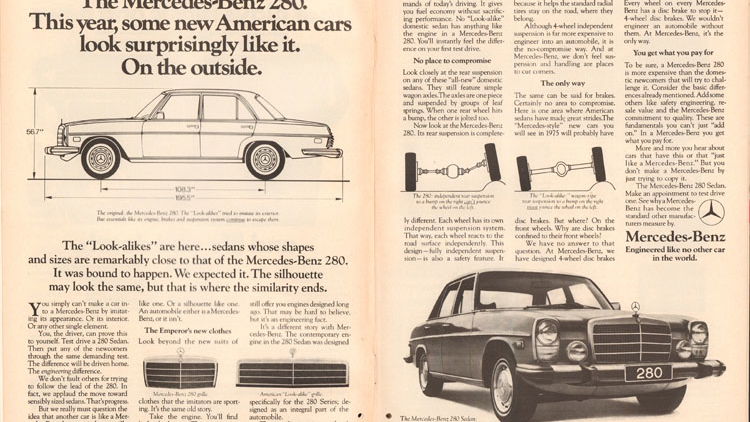
I’ve not had the pleasure of visiting England, or France, or Germany, or anywhere outside North America. That’s unfortunate, because I have car buds all around the world that I’d love to hang out with more than once a year, or worse, online in a Gran Turismo 6 lobby. That’s not to say I don’t know anything about the global car scene. It’s pretty much my job to have at least a few fingers on the international automotive pulse, albeit with an American perspective.
Which brings me to the crux of this article—why European cars, in their current form anyway, will never be a big hit in the United States.
Now, when I say European cars, I’m not just talking about the BMWs, Audis, Mercs and VeeDubs that we get. I’m also talking about the stuff we don’t get, and frankly that makes me a bit jealous at times. At least we’re finally getting the cool Focus RS, but I’d get a kick out of wheeling around in a Citroen C4 diesel. For a little while, anyway.
Sadly, my views place me among a minority of Americans. Since many CTzens don’t hail from the United States, let me tell you a bit about why we’re not terribly interested in European cars.
1. Government regulations
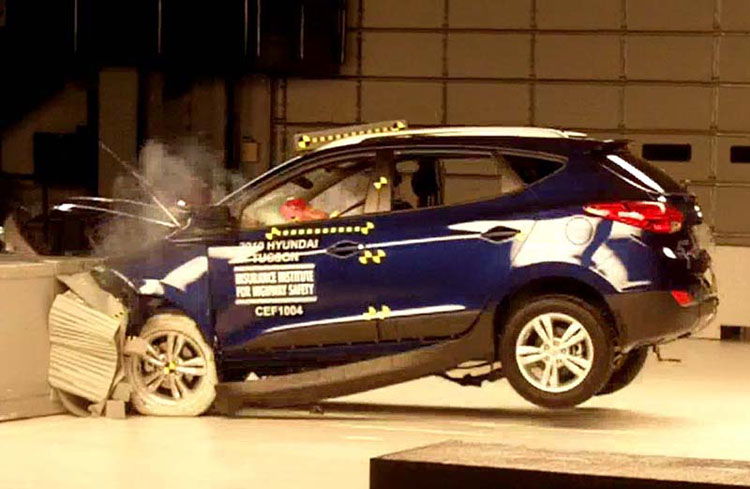
For starters, doing business in the United States isn’t that easy when it comes to cars. We have rigorous crash standards to meet that require all kinds of testing, and for many manufacturers it’s just not worth the effort. We also have different emission and economy standards to meet, the latter of which I find particularly amusing since there are no shortage of small diesel hatchbacks on the other side of the planet easily capable of topping 50mpg. Personally I feel they’re a better alternative to the batch of hybrid or all-electric vehicles currently being worshipped here in the States. But again, I’m the minority.
By comparison, my dad is positively giddy because his 2015 Chevrolet Silverado extended cab 4WD pickup truck gets 21mpg. Yeah, we’re talking about a 2500-pound car with 1.6 diesel versus a 5500-pound truck with a 5.3-litre V8, but still, 21 mpg is good fuel mileage to the average American. And this brings me to the next point.
2. We like our big vehicles
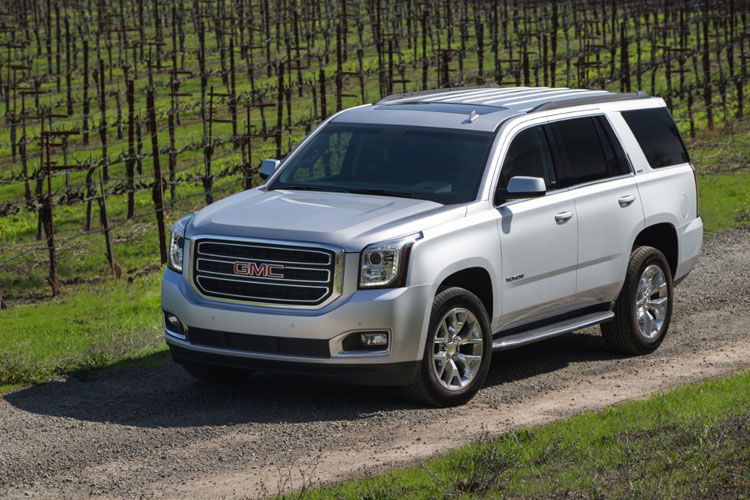
Overall, American cars are smaller and most definitely more buttoned down in the handling department than they used to be, and that’s good for enthusiasts. But most Americans still equate size with luxury and performance, while small cars are looked upon as basic or entry-level, no matter how awesome they are.
That’s why we never got cars like the Cosworth Escort, or the Lancia Delta Integrale, and it’s also why it took so long for the Focus RS to arrive. Never mind the amazing performance of these machines—in the eyes of most American car buyers they’re still just small, entry-level compact cars. And who’s going to pay $35,000 for a tiny car like that when you can buy a mid-size Chevrolet Traverse SUV or a V6 Dodge Charger for the same amount?
3. We like our power
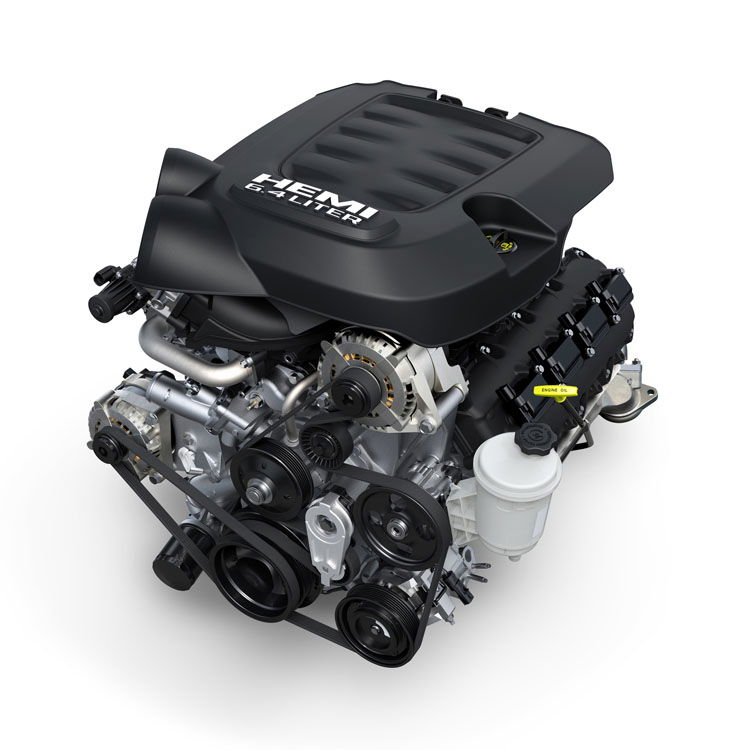
In a similar fashion, this is why we don’t have fleets of diesel hatchbacks. Through the 1970’s and 1980’s we didn’t have much choice but to accept the low-horsepower cars that were given to us, but they still had some hefty torque so they felt muscular, even if they were still taking 10 seconds to hit 60 mph. That’s why turbocharged cars like the SVO Mustang and even the Grand National weren’t big hits through the 1980s, despite their performance envelopes that equaled, or with the Grand National, exceeded their V8 counterparts.
And as long as petrol remains cheap, that’s the way things will stay in America. Even back in 2009 when our petrol prices topped $4 a gallon, many people kept right on trucking with their SUVs getting 13 mpg, paying $100 every couple days to fill the tank. And I know many of you are reading this and thinking that $4 is cheap, but that doesn’t matter to drivers who equate their success with the size of their vehicle. At least the whole ordeal was a wake-up call in America that fuel economy does matter, and small, efficient cars can also be nice, fun, functional vehicles. The vast majority of American buyers still weigh horsepower over efficiency though, and as long as that’s the case, we’ll never see the ultra-efficient diesels so common throughout Europe.
4. Expensive to own with limited support
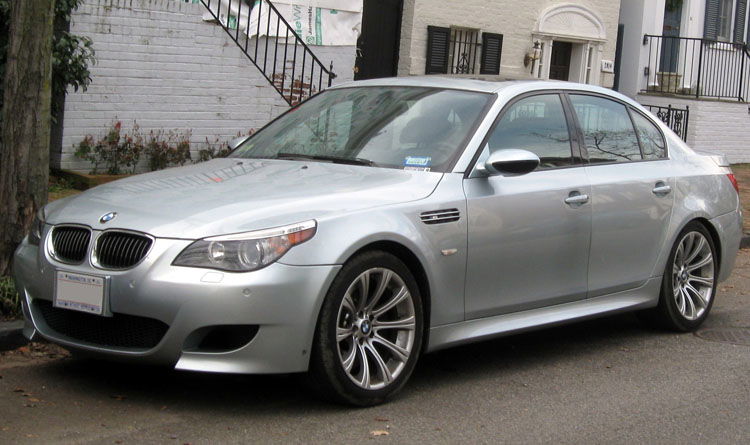
For the mainstream European cars we do get - Audi, BMW, Mercedes-Benz and Volkswagen - they do cost a rather tidy sum of money. Well, not so much with the VWs, but for most Americans looking at vehicles with price points over $50,000, their attention is still with luxury pickup trucks and SUVs. I know it sounds ridiculous to those who’ve not sampled such vehicles, but a brand new Ford F-150 Platinum Crew Cab easily seats five big adults, and it’s not exactly a barebones work truck. Packed with leather and all the modern technologies found in luxury cars, it’s a viable choice for an American family looking to spend $60,000 on a vehicle with good straight line performance, long-distance comfort, gobs of luxury options, four-wheel drive, and the ability to tow a small town.
Meanwhile, the same $60,000 buys a modest midsize E-class Merc, a nicely equipped Audi SQ5 crossover, or a well-optioned BMW X5 SUV. I’m not directly comparing an F-150 to these makes - completely different vehicles for different purposes. I’m just pointing out what American shoppers see - comparable luxury levels, strong straight-line performance, and though it’s a body-on-frame truck, there’s a surprising amount of refinement. Beyond that, the F-150 will fare significantly better in terms of depreciation. And F-150 owners can find parts and/or a Ford dealership in every American town. Outside of major cities, finding support for the German brands can be tough and repair costs are almost always much higher.
5. More bang for the buck
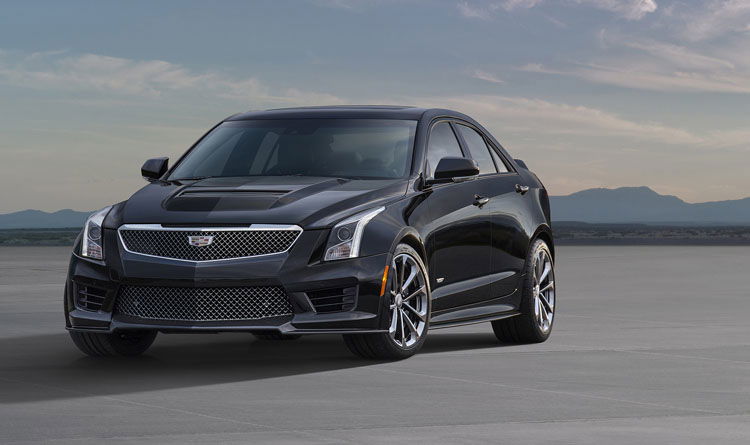
For those American buyers who do want performance in their practical automobiles, you’ve got the Dodge Charger SRT 392 sport sedan with 485bhp and an eight-speed auto for $50,000. If that’s too unrefined, the 464bhp Cadillac ATS-V sells for $60,000; it does 0-60 in under four seconds and matches the Germans for luxury and quality. To get comparable vehicles from Germany, you need to spend quite a bit more and get something with either an AMG or M badge. And those are just a couple examples.
I’m not saying cars are better or worse on either side of the pond. European designs and trends have certainly influenced American manufacturers, and I consider that a very good thing. But from an American perspective, the everyday European cars just don’t fit, and the high-end models just cost too much.
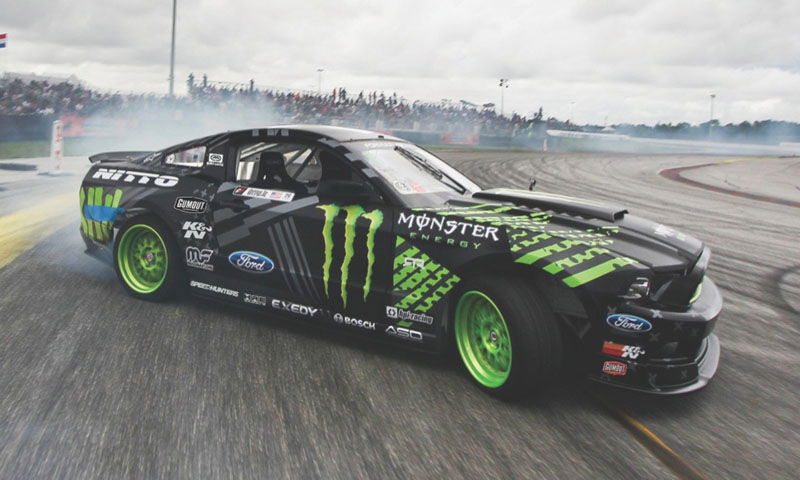







Comments
Oh boy… isn’t anyone going to mention the poor quality of american interiors over european? I mean come one, as an example: my friends 2013 VW polo is so finnesse, the gaps between the panels are so small. Where by the americans you could throw a penny into them. Also the overall use of materials inside feel alot more expensive… High quality Plastic, High quality leather. And yes i know, in the US they have cadillac… but iam talking about everyday cars.
also the european cars were and are manual so they won’t appeal to the average american buyer.
Not sure if this has been mentioned, but the road quality in the US is appalling in comparison to Euro standards. Perhaps this is case of causation =/= correlation, but the fact is a majority of cars sold in the US have comfort (read: soft, cushy, and smooth) suspensions. .
I personally hate such cars, but given that some of roads here have more pockmarks than a teenagers face, I can’t blame people for avoiding the stiffer, sportier suspensions that would allow for more fun/better handling.
You missed quite a few, for one a completely different driving environment, aside from a few euro-style cities we drive much larger distances and a small cheap hatch doesn’t make for good highway cruiser. They are buzzy, loud and generally uncomfortable.
Of course you are not talking about that, you are talking about hot hatches, but hot hatches make no sense in the US driving environment aside from a very specific niche. The reason Europe even gets hot hatches is because cars are very expensive and so is fuel so getting a focus sports car is difficult when you have a family. Here though chances are you have to drive everywhere (aside from few cities) so its not uncommon to have more than one car per family and that being the case why not get a focused sports car that is not compromised because it started life a 1.0l econobox.
Most of these comments.
How to upset the people of Car Throttle. Say something about America or American cars. Everyone loses their minds.
i would love to move across the pond just because an old volvo that i can barely afford to feed here would be an econobox there. XD
I bet if petrol would cost as much in US as it does in Europe, you would see more and more european-ish cars on your roads :)
The biggest reason is government regulation.
American crash safety and EPA emissions requirements are not demonstrably better than Europe. Hell, with Euro 6, we actually have stricter emissions requirements compared to CAFE Lev III now, and the Euro NCAP is updated and made stricter on a yearly basis, where the American test hasn’t budged since 2011.
The Mustang I have on order, for example, has to have a different exhaust system fitted to meet Euro 6 emissions requirements because the stock american one isn’t good enough. It doesn’t matter that its a V8, it has to emit the same level of pollutants as a 3-cylinder or it isn’t getting sold!
However, the reason why you still can’t sell many European cars in the USA is because of those tests being different. Not stricter, just different. Its all a direct result of the NTHSA blocking foreign imports in the 80s with the 25 year rule.
Cheap petrol , wide roads and less regulations. Exactly why I want to move to Canada. Even a 911 made in Germany is cheaper in Canada than UK
Pagination